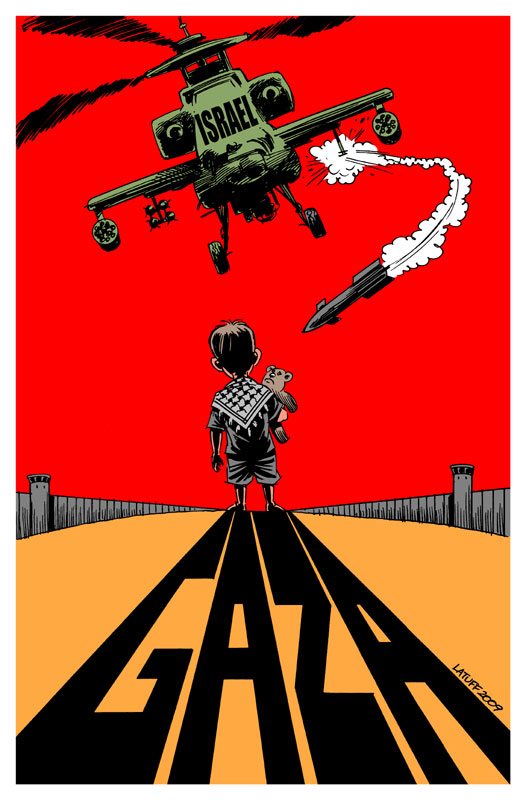Tag: BDS
-
Open letter from Gaza: Three years after the massacre, justice or nothing!
27 December 2011 | Besieged Gaza, Occupied Palestine We, Palestinians of Gaza, 3 years on from the 22-day long massacre in Israel’s operation ‘Cast Lead’, are calling on international civil society to make 2012 the year when solidarity with us in Palestine captures the spark of the revolutions around the Arab world and never looks…
-
Palestinian Freedom Riders to ride settler buses to Jerusalem
13 November 2011 | Freedom Riders Inspired by the Freedom Rides of the US Civil Rights Movement Palestinian activists will attempt to board segregated Israeli settler buses to occupied East Jerusalem Groups of Palestinian Freedom Riders will attempt to board segregated settler buses heading to Jerusalem through the occupied West Bank this Tuesday November 15,…
-
Solidarity with the Palestinian Freedom Riders
10 November 2011 | Jewish Voice for Peace On November 15th, Palestinian activists will attempt to board segregated Israeli settler public transport headed to occupied East Jerusalem in an act of civil disobedience inspired by the Freedom Riders of the U.S. Civil Rights Movement. Fifty years after the U.S. Freedom Riders staged mixed-race bus rides…



